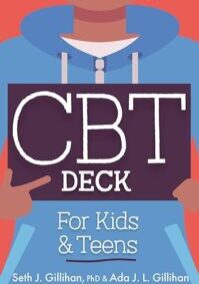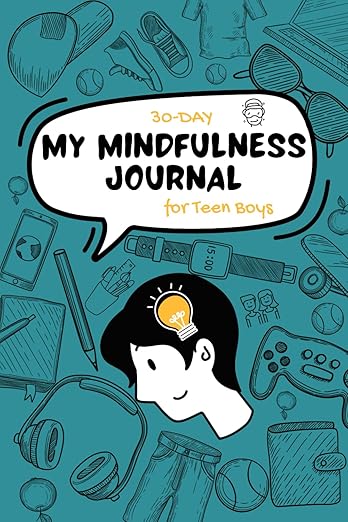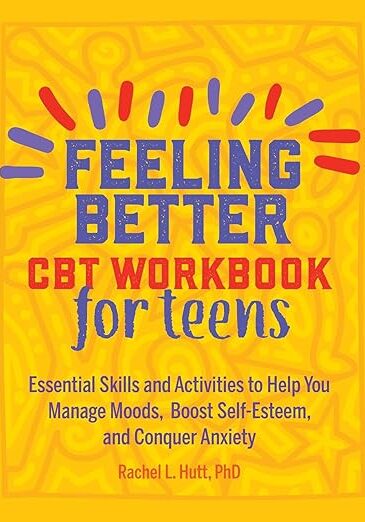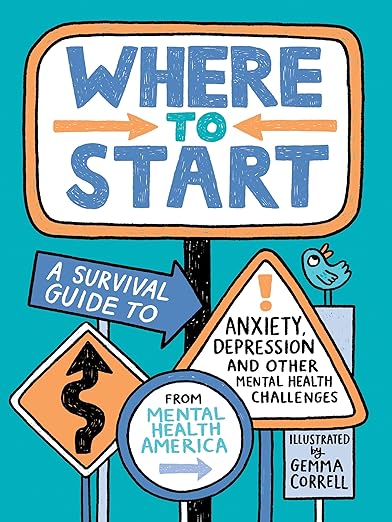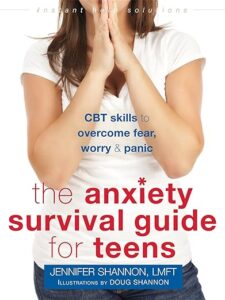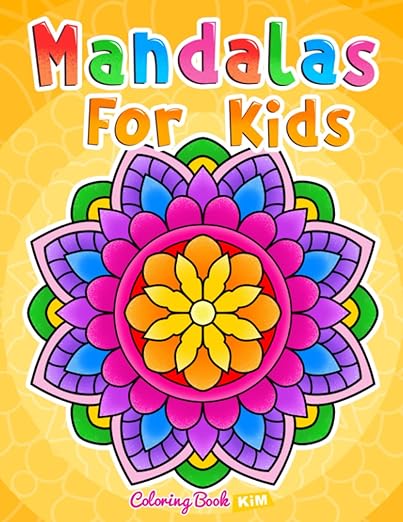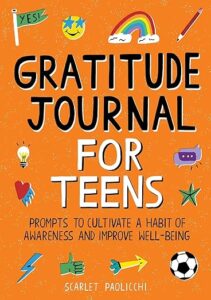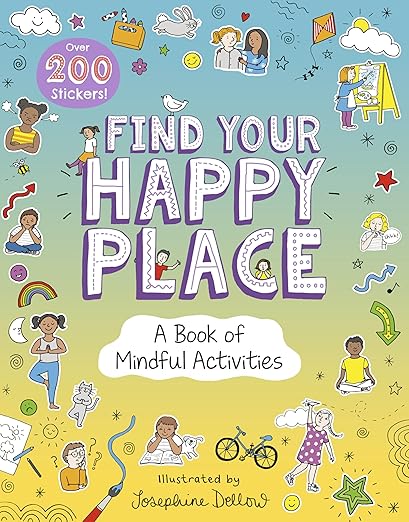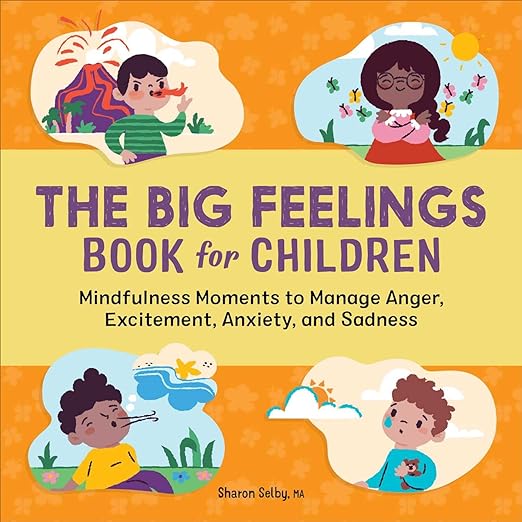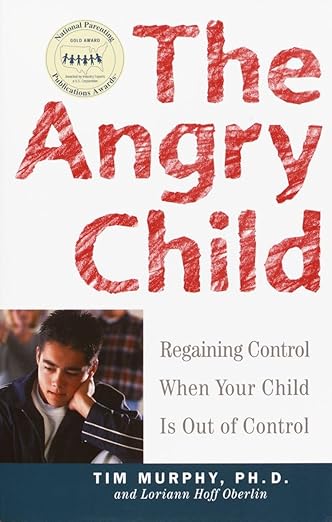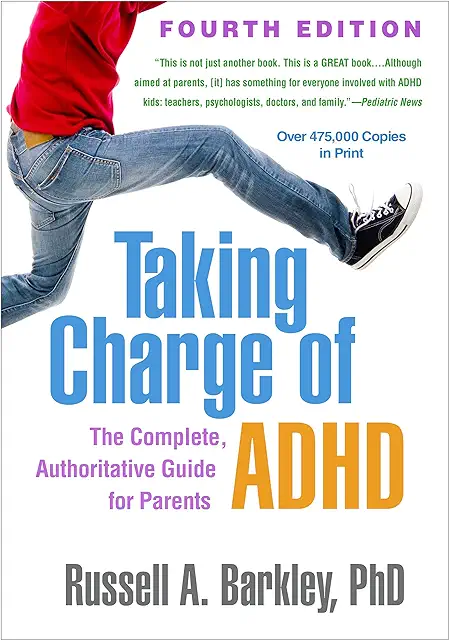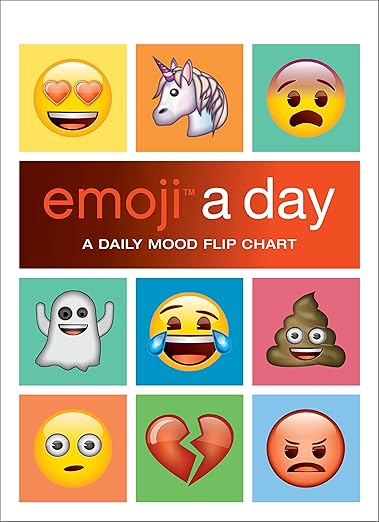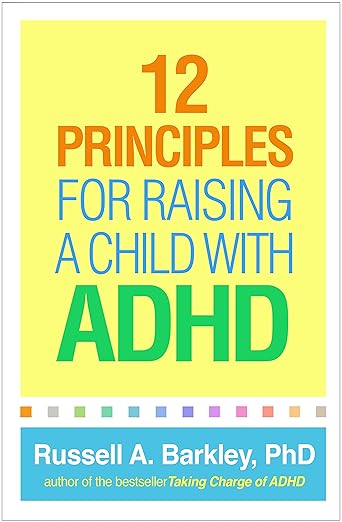Just like adults, a child may have excessive worry or sadness. At school, he or she may experience classmate conflicts, bullying, and self-doubt. They may not meet milestones and fall behind. A true attention problem or learning challenge may exist.
Adolescents often deal with social drama and self-image issues, leading to undiagnosed anxiety or depression. They may fail to launch as peers try activities and subjects, choose college majors, stick to a plan—often any plan—and move forward.
In this era of high college tuition, an impasse with grades, goals, behavior or development can limit your teen's potential, add years to education, and delay parental goals. The financial and family cost is steep.

“In our sessions, Loriann has provided a confidential, positive and emotionally safe atmosphere to share relationship and parenting difficulties. She’s extremely competent and knowledgeable, and with her family-focused background, she has worked with other, struggling family members. Loriann helped me to get back on track after some very trying and tragic events.” — person helped by counseling
How Counseling for Pre-Teens & Adolescents Works
The same getting-started steps to individual therapy on this site apply. Having a thinking partner for your teen helps because often they just need someone else to help unpack their problems.
In a first session, I meet solely with parents, who have submitted signed intake forms, consent to treat/HIPAA, insurance information. In this parent intake, we review child/family history. Minors age 16+ should sign their any paperwork as well before you submit it.
In the second session, I will meet with you and your pre-teen/teen to review the rules of confidentiality and topics parents would like to see addressed. Then you may exit that virtual session for the remaining time.
It's best to meet weekly, especially for the first weeks or months. This builds motivation to change and momentum.
I maintain a child's confidentiality and their safe place to share. If I see something that we should all talk about, then I rely upon my family systems training and encourage us all to sit down and talk. See family counseling on this site. I encourage the occasional parent/therapist session because young clients aren't always the best reporters of their own behavior, if goals have been met or solutions on track.
What Ages Do You See?
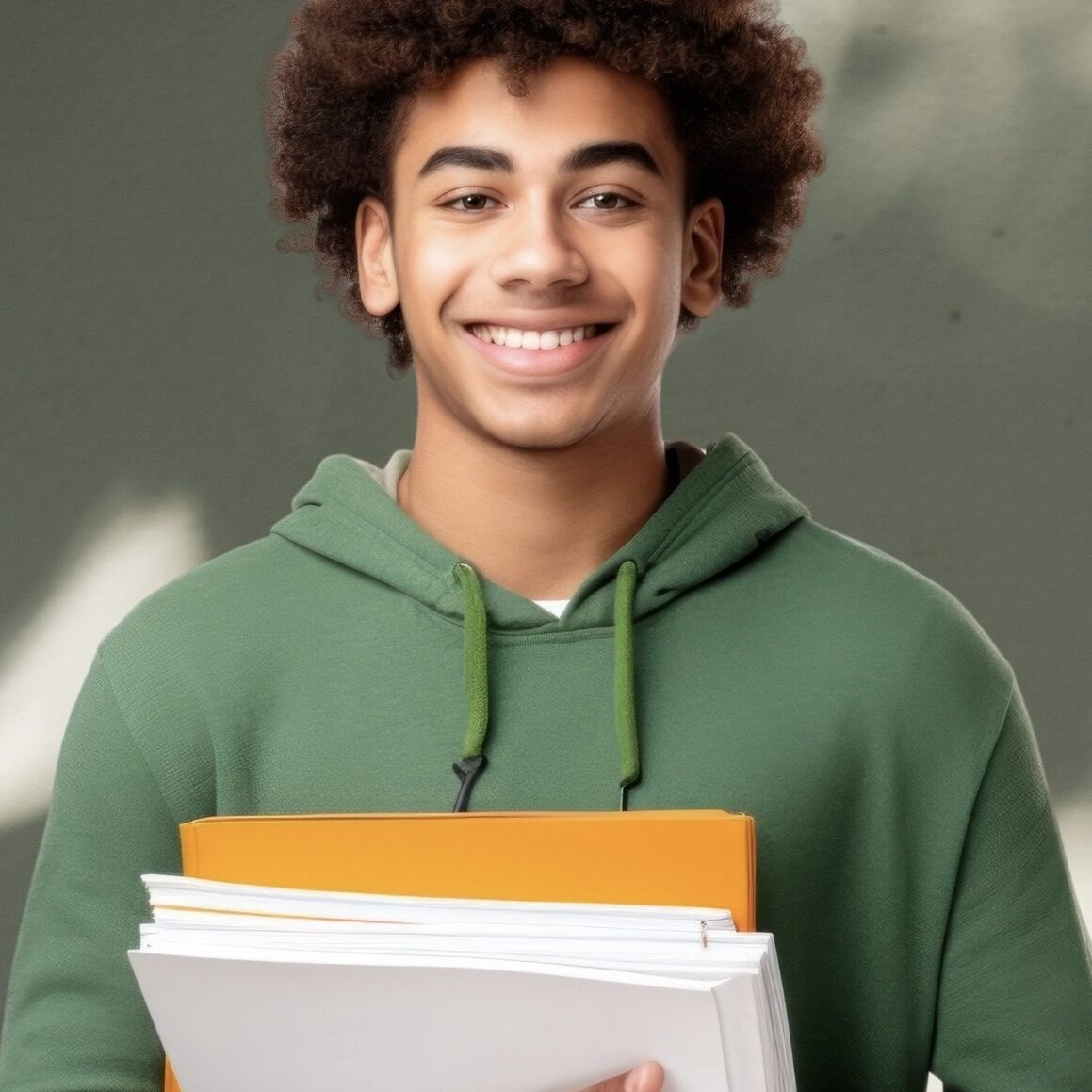
Due to being a predominately telehealth practice, with online therapy sessions, I no longer see children younger than age 10 unless by special request or circumstance. See family counseling on this site if your concerns involve more than just your young child. See also parent counseling or coaching, since the younger the child, the more the problems may be solved by the adults in their lives.
I do see pre-teens and adolescents. Some actually ask parents if they could speak to someone. Other times, counseling is your idea or suggested by school personnel or your pediatrician.
If kids are reluctant to talk, no worries. I use creative modalities, including therapeutic books, art, card decks or question jars, or video clips that help to connect. Once we form a connection, conversation seems to flow.
“I so appreciate the tools you gave me and my child to better manage anxiety and attention issues that plagued our household and affected success in school and social settings. I found it especially helpful that you encourage parents to be a part of some sessions. Because we left counseling at such a better place than when we first entered, I’ve happily referred others to your practice.” — parent with child in sessions

